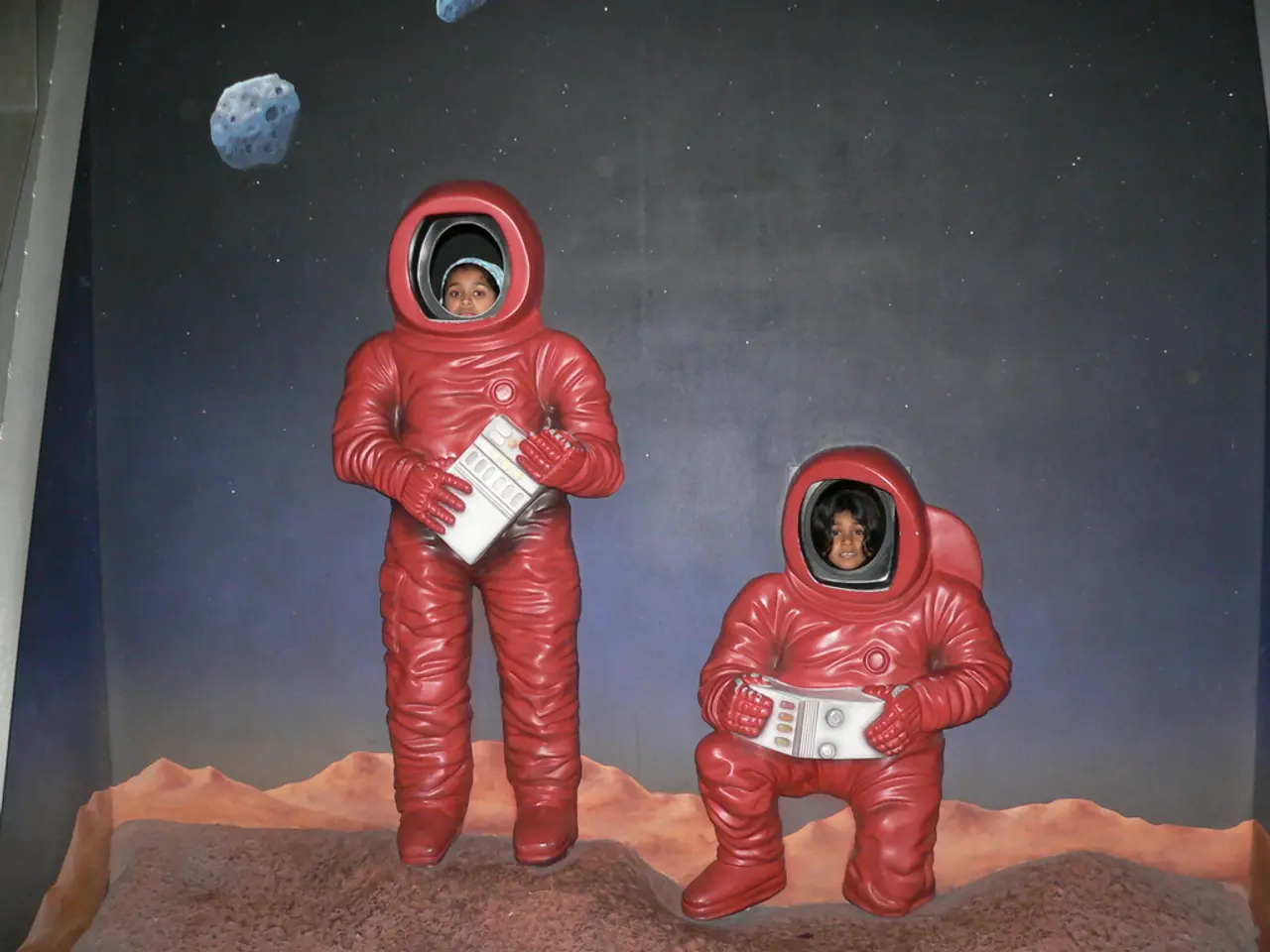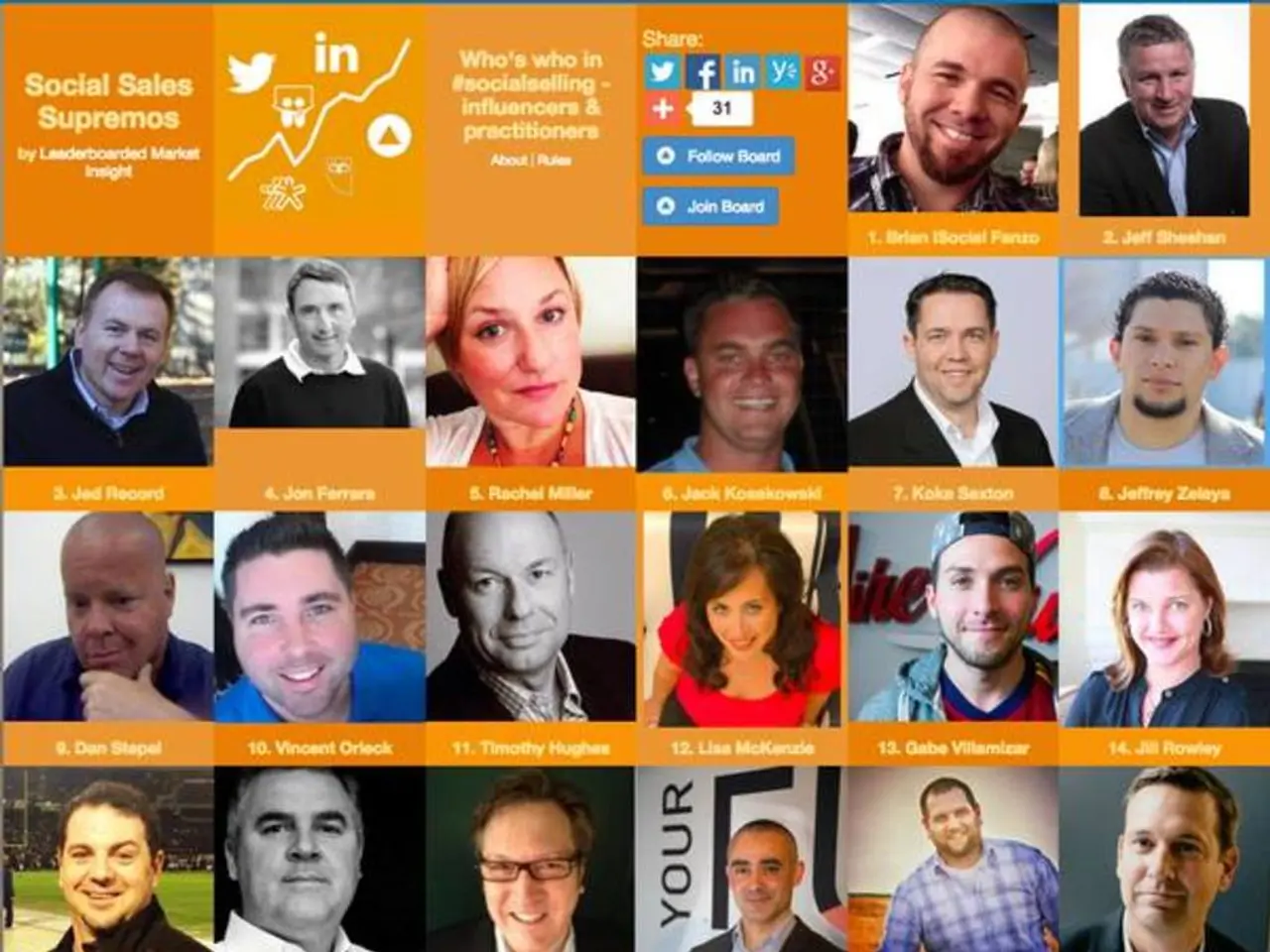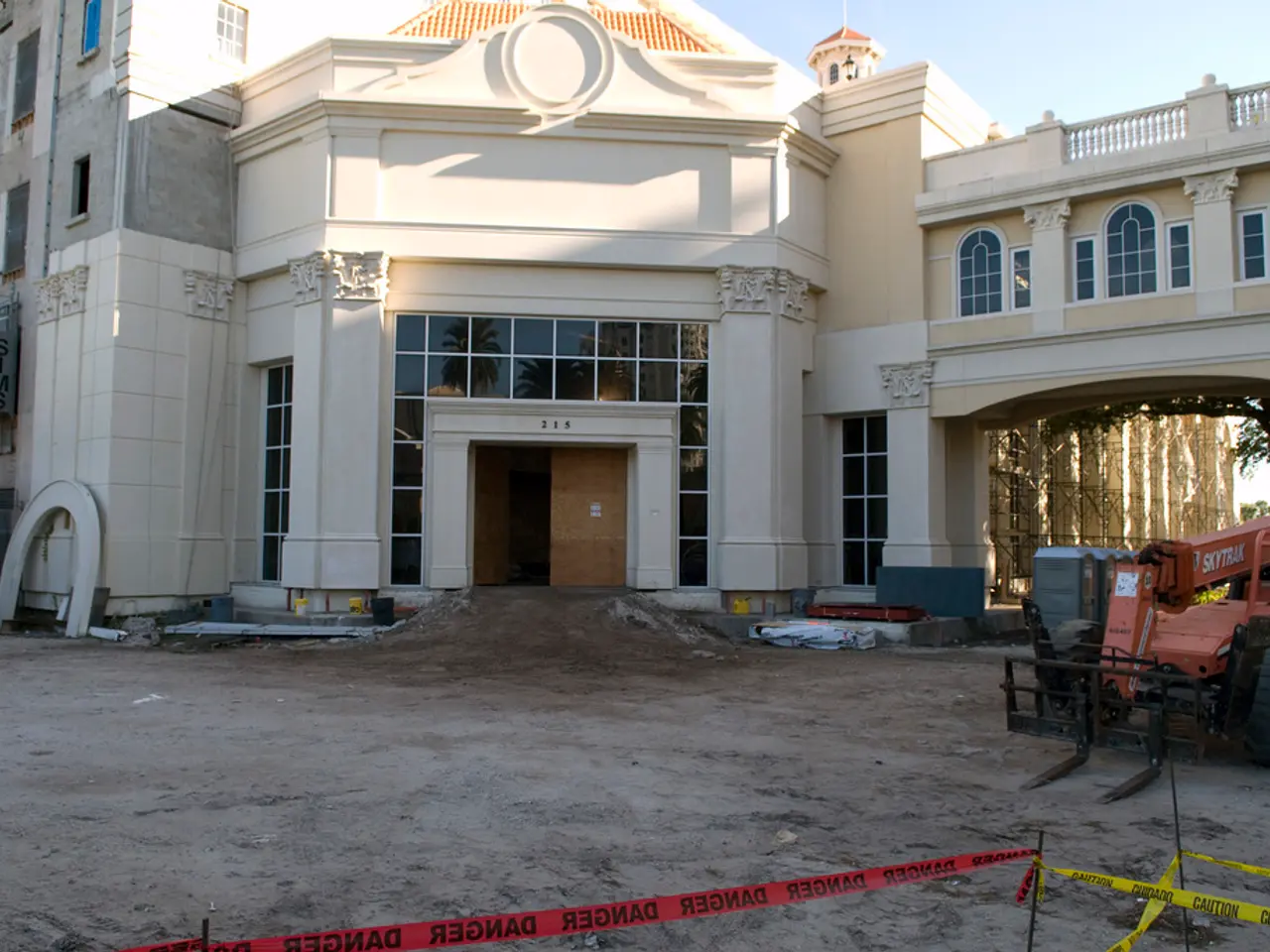Coty to Develop Virtual Workspace, Known as Coty Campus Metaverse, for Employee Use
In a bold move towards digital leadership and innovation, Coty Inc., the renowned beauty and fragrance company, has announced plans to launch Coty Campus - a virtual environment for its 11,000 employees. This fall, Coty Campus will be available, transforming the way employees collaborate, co-create, and learn.
Coty Campus, developed in partnership with Spatial, a leading 3D experience and social platform, will leverage Web3 and gaming technology on a groundbreaking scale. The immersive digital environment aims to provide an engaging and interactive space for employees to explore, collect items, complete quests, and earn rewards, all while fostering a sense of community and camaraderie.
Coty's commitment to digital leadership is not unique. Companies such as Gucci, Walmart, Gap, and Accenture have already dipped their toes in the metaverse, experimenting with virtual environments for employee engagement and upskilling.
Accenture, a notable example, has created digital twins of its physical offices and a virtual campus called "Nth Floor" or "One Accenture Park." Using XR technology, Accenture onboards new employees, connects them with the company culture and teams, and delivers training through virtual events, presentations, gamified experiences, and collaboration tools. In 2022, about 150,000 new hires worked from the metaverse on their first day at Accenture, demonstrating the scale and effectiveness of this approach.
Other organizations are also exploring immersive metaverse environments to enhance team collaboration, scheduling, and workforce management across remote and hybrid work models. These virtual workspaces help visualize staffing patterns, optimize resources, and improve employee engagement through dynamic and spatially aware interactions.
Companies have also experimented with metaverse job fairs to recruit talent globally, providing interactive training and engagement experiences. Gamified onboarding and learning journeys, often integrated into metaverse platforms, have been used to improve employee retention, motivation, and productivity.
A report from the University of Phoenix Career Institute found that many workers would remain employed at their company if it offered more reskilling or upskilling opportunities. With over 80% of human resources executives worried about workers exiting for other jobs, according to a 2022 Challenger, Gray & Christmas survey, initiatives like Coty Campus are becoming increasingly important.
In a survey by Meta, 65% of workers said they were more likely to remain in their position if they could use AR and VR tools, and 74% of business executives planned to set aside funds for VR, AR, or metaverse expenditures in 2022. The Taco Bell Foundation and Jobs for the Future report also suggest that learning opportunities may lead to greater worker retention.
While many retailers use the metaverse to drive sales from digital goods and connect with online consumers, Coty Campus is only available to employees. Employees can share files, create custom avatars, and communicate via text or voice chats within the virtual environment.
In summary, Coty Campus is an exciting step forward in employee engagement and upskilling, joining the ranks of companies like Accenture that are leveraging the metaverse for these purposes. As digitalization strategies and reskilling efforts become increasingly important, it's clear that the future of work is looking more and more virtual.
- In a shift mirroring Coty Inc.'s digital leadership, various corporations like Gucci, Walmart, Gap, and Accenture have ventured into the metaverse for employee engagement and training.
- Accenture, among these, has carved out a digital twin of its physical offices and a virtual campus named "Nth Floor" or "One Accenture Park," utilizing XR technology for onboarding, cultural immersion, and training.
- With about 150,000 new hires working from the metaverse on their first day in 2022, Accenture demonstrates the scale and effectiveness of these virtual environments.
- Beyond employee engagement, organizations are also exploring metaverse workspaces to streamline collaboration, scheduling, and workforce management, visualizing staffing patterns and optimizing resources.
- Companies are increasingly conducting metaverse job fairs, offering interactive training and engagement experiences to recruit global talent, and implementing gamified onboarding and learning journeys for improved employee retention.
- The trend towards digitalization, reskilling, and upskilling has gained momentum, with 80% of workers indicating that more such opportunities could encourage them to remain with their current employer, even as 74% of business executives earmark funds for VR, AR, or metaverse investments in 2022.




